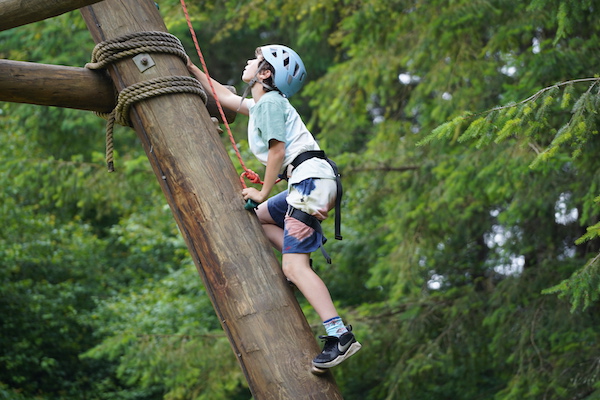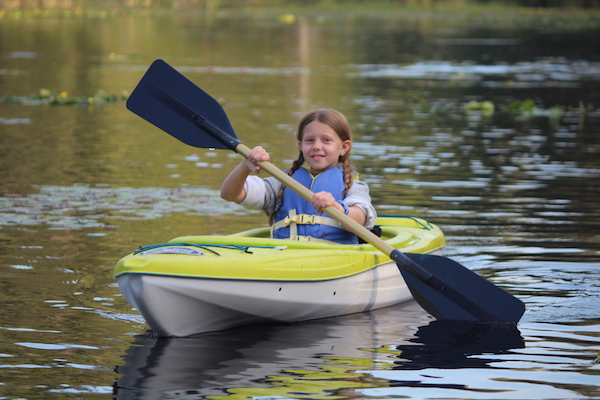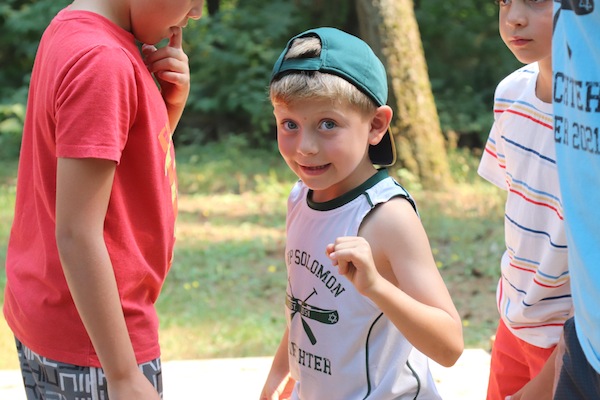Jewish summer camps fuse the activities, friendships and communal life of traditional camps with Jewish values, role models and culture. (photo from Camp Kalsman)
Whether camping season has just ended or it’s the middle of winter, it’s never too early to begin thinking about Jewish summer camp for the young people in your life. Jewish summer camps fuse the activities, friendships and communal life of traditional camps with Jewish values, role models and culture. This uniquely immersive experience provides a confidence-building opportunity in which campers experience joy and discovery in a communal Jewish setting.
The top six reasons parents, bubbes and zaydes everywhere are sending their kids to Jewish camp are:
1. Kid-centred Judaism
Kids are empowered to contribute to and lead their Jewish community at camp. From services, to music, to hands-on learning, the developmental and social-emotional needs of campers come first, and opportunities exist for campers to take the lead in these experiences. This is a uniquely powerful experience they won’t find anywhere else.
According to the 2023 article “Why Camp Works: Explanations Later” by Rabbi Daniel Greyber on ejewishphilanthropy.com, research shows that “camp attendance makes adults 30% more likely to donate to a Jewish charity, 37% more likely to light Shabbat candles, 45% more likely to attend synagogue monthly or more; and 55% more likely to be very emotionally attached to Israel. But why does camp work? One reason may be that explanations about Judaism take a backseat.” He writes that “Judaism cannot be transmitted through classes and scholarship alone, or even primarily. There is no substitute for doing.”
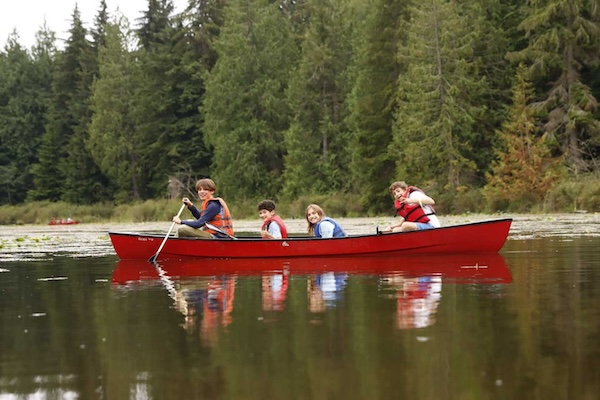
2. Camp friendships last beyond the summer
After the laundry has been washed and the camp trunk put away, friendships endure. The intensity of the shared experience and communal living of camp expedites and deepens relationships. Camp is one easy entry point into a lifelong Jewish community. As kids grow, opportunities arise to increase their connections with Jewish peers through congregational and national youth groups, Israel travel, social justice programs, and much, much more. Many alumni of Jewish camp have found that the friends they make during the summer stick with them through college, young adulthood, and beyond.
3. An immersive Jewish community
Campers live in Jewish time; they are exposed to adult Jewish role models, Jewish peers and Jewish friends from different places, as well as the rhythm of Jewish rituals. These Jewish connections are extremely powerful. Campers experience joy in a Jewish community, develop confidence in their Jewish identity and forge long-lasting connections. Nowhere else do campers have the opportunity to experience Judaism infused into daily life and reinforced by a community of Jewish peers.
4. Camp ends, but Jewish community continues
Children who attend Jewish summer camp are more likely to identify as Jewish adults and actively engage with their communities. The experience of living in an immersive Jewish community has a deep and profound impact, which lasts into adulthood.
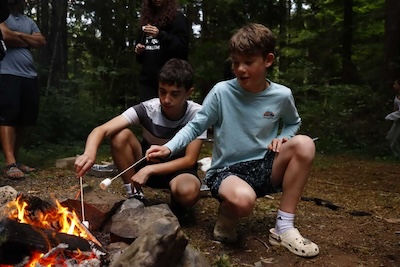
5. Jewish camp addresses the whole camper
Children learn confidence, skill-building and socialization by living in a community. They learn how to operate in a diverse group of peers, face new situations and overcome challenges on a daily basis. At camp, adult role models and mentors create safe spaces for campers to grapple with complex ideas based in Jewish values, texts and traditions – topics that secular schools and camps might not be able to address. Camp can provide balance by creating space for spiritual, emotional and physical growth for campers.
6. Camp helps kids succeed
Camp is all about fun and real-world learning. Campers who return to camp as staff members can create opportunities to advance themselves professionally. Many staff from Jewish summer camps have found that their experiences have helped them jumpstart their careers, establish their college networks and meet new people.
A longer version of this article appears on reformjudaism.org, the website of the Union for Reform Judaism. URJ Camp Kalsman, located in Arlington, Wash., serves 600-plus campers ages 7-17 from Western Canada and the Pacific Northwest every summer. For more information, visit campkalsman.org or email [email protected].


